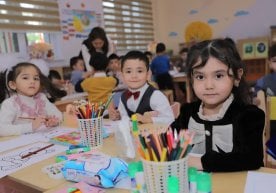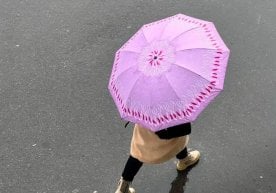Tutors will be appointed for individual work with students

The Cabinet of Ministers of Uzbekistan adopted an important resolution on the organization of tutoring activities in higher educational institutions. According to the new regulation, a system of individual work with students - tutoring practice - will be introduced in universities and institutes. This was announced in a government decree.
The main goal of the resolution is to educate student youth in the spirit of patriotism, devotion to national and universal values, and to closely assist in their personal and professional development. Thus, it is planned to facilitate the adaptation of students to the educational process and improve the mechanism of working with them in a personal way.
The charter clearly defines the main duties of tutors. They help students adapt more quickly to the educational environment and advise on the use of information technologies and resources. They also conduct individual and group interviews to develop students' personal interests and professional goals.
Tutors introduce students to the university's internal rules, ethics code, and local documents. At the same time, it will also be their responsibility to educate young people in the spirit of patriotism, tolerance, respect for the law, faith in life, and determination.
Another important area is the formation of a healthy lifestyle among students. Tutors also actively participate in the meaningful organization of their leisure time and the promotion of sports and physical activity.
Also, among the duties of tutors are the development of measures to provide special solutions and support for students with disabilities, orphans, or young people in need of social protection.
According to the regulation, each tutor will be assigned 120-150 students studying in the 1st-3rd years. Their living conditions and social status are constantly monitored, and contact with their parents is established.
To become a tutor, you need to have a higher education. Those who have an academic degree or title are given preference. Candidates must also possess pedagogical and psychological knowledge, experience in educational work, and exemplary personal qualities - culture, activity, responsibility, and initiative.
Special indicators (KPI) will be introduced to assess the effectiveness of the new system. Through this, the activities of each tutor are evaluated based on specific results.
Officials emphasized that the tutoring system changes students' attitudes towards the educational process and serves to provide deeper support for their personal development. At the same time, this new system will create a basis for strengthening the spiritual environment in higher educational institutions and strengthening the connection between the student and the mentor.
Read “Zamin” on Telegram!





















